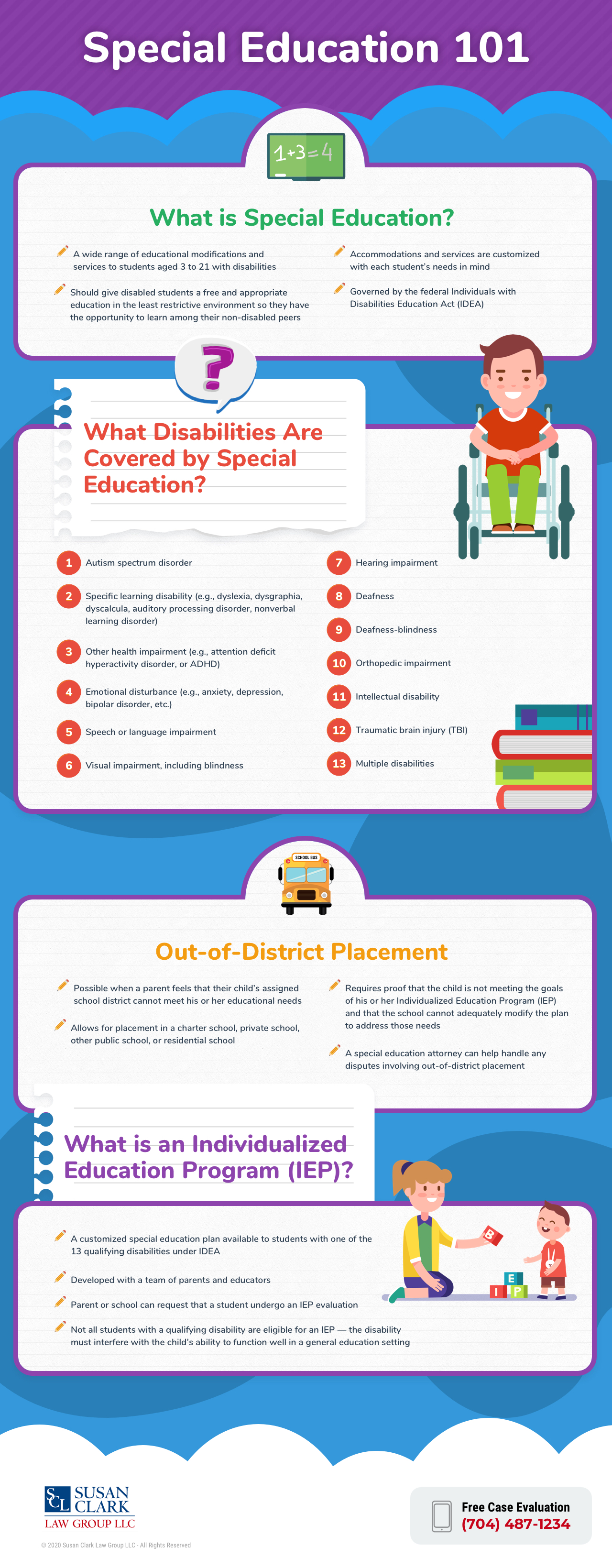The law also gives parents a voice and the right to make decisions regarding their children’s education.
Under the Individuals with Disabilities Education Act (IDEA), federal and New Jersey law states that children with disabilities and their families have specific educational rights and procedural protections, or special education needs.
The law provides for specialized instruction in the least restrictive environment possible that meets these students’ challenges – whether physical disabilities, developmental disabilities, behavioral or emotional disabilities, or sensory impairment.
The law also gives parents a voice and the right to make decisions regarding their children’s education.
Since the IDEA was originally enacted in 1975, a significant number of children with disabilities have been recorded as enrolled in public schools. About 13 percent of students in pre-kindergarten through 12th grade who are enrolled in public schools have a disability, according to the National Center for Education Statistics.
The majority of these children (35 percent) have a specific learning disability, followed by a speech or language impairment (21 percent), other health impairment (13 percent), and autism (8 percent).
For more information, please see the infographic below and visit this page.
 LegalReader thanks the Susan Clark Law Group LLC for permission to republish this piece. The original is found here.
LegalReader thanks the Susan Clark Law Group LLC for permission to republish this piece. The original is found here.


Join the conversation!